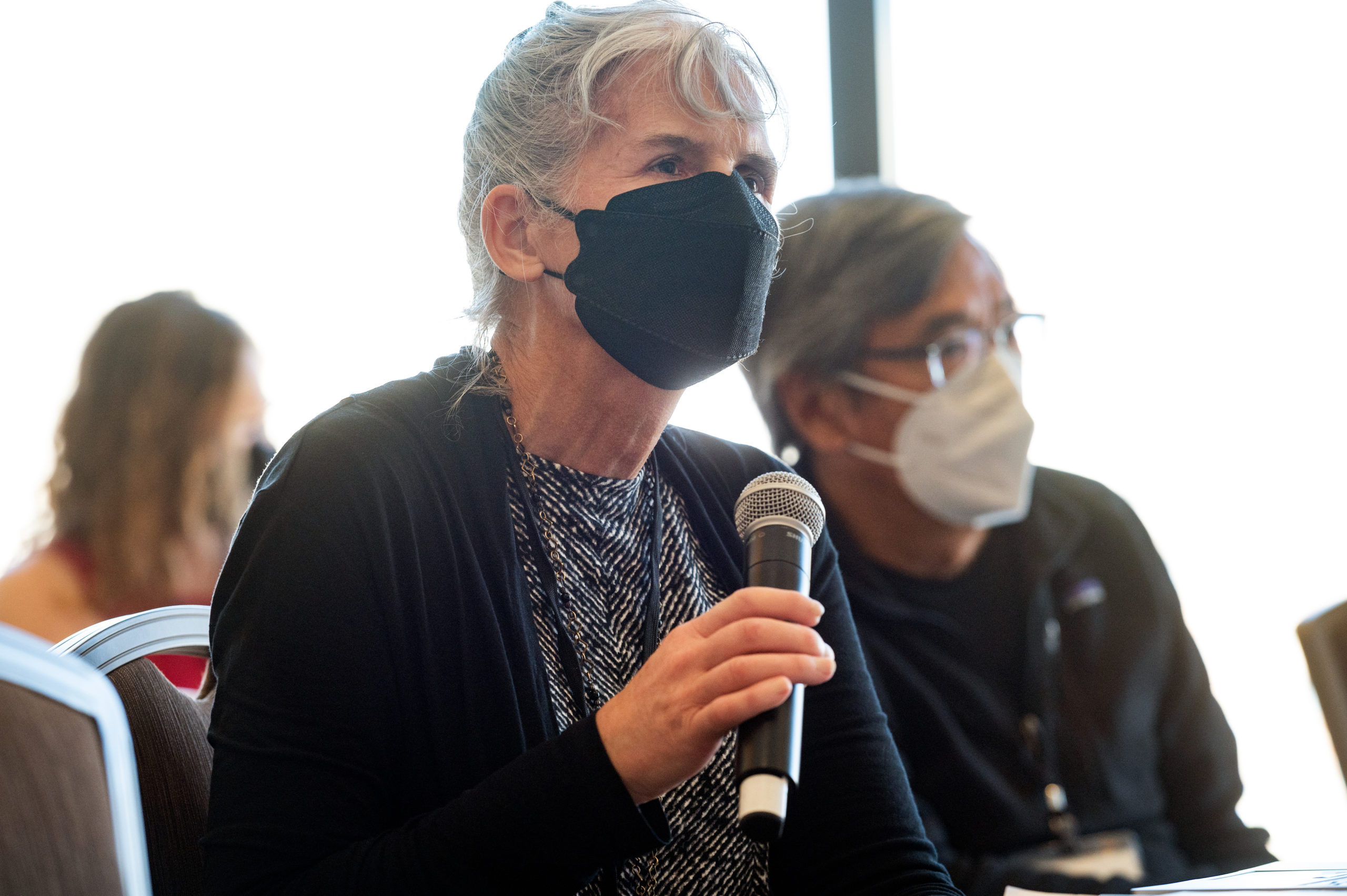The Scientific Advisory Board (SAB) for HOPE consists of experts in the fields of HIV latency, mechanisms regulating viral latency, HIV reservoir biology, and next-generation gene editing.


Monica Gandhi MD, MPH is Professor of Medicine and Associate Division Chief of the Division of HIV, Infectious Diseases, and Global Medicine at UCSF/ San Francisco General Hospital. Dr. Gandhi serves as the Director of the UCSF Center for AIDS Research (CFAR) and the Medical director of the HIV Clinic at SFGH ("Ward 86"). Dr. Gandhi completed her M.D. at Harvard Medical School and then came to UCSF in 1996 for residency training in Internal Medicine. After her residency, Dr. Gandhi completed a fellowship in Infectious Diseases and a postdoctoral fellowship at the Center for AIDS Prevention Studies, both at UCSF. She also obtained a Masters in Public Health from Berkeley in 2001 with a focus on Epidemiology and Biostatistics.
Dr. Gandhi's current research program is on identifying low-cost solutions to measuring antiretroviral levels in resource-poor settings, such as determining drug levels in hair and urine samples. Dr. Gandhi also works on pre-exposure prophylaxis and treatment strategies for HIV infection in women.
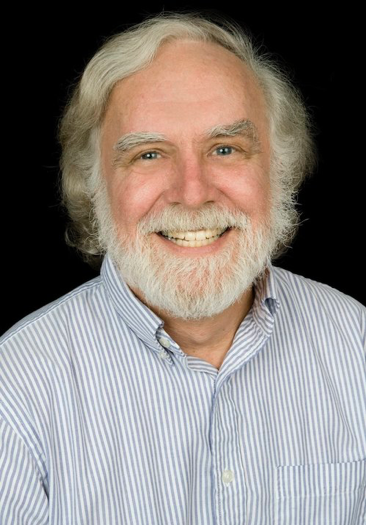
Dr. Stephen P. Goff PhD is the Higgins Professor of Microbiology & Immunology and Biochemistry & Molecular Biophysics at Columbia University. Dr. Goff received his PhD from Stanford University focusing on the use of SV40 as a viral vector for the expression of foreign DNAs in mammalian cells. He did postdoctoral work with Dr. David Baltimore at MIT on the replication of the murine leukemia viruses as a Jane Coffin Childs fellow, and joined the Columbia faculty in 1981. Goff was a Searle Scholar and has received two MERIT awards from the NIH. He has been elected to membership in the National Academy of Science, the National Academy of Medicine, the American Academy of Arts and Sciences, and the American Academy of Microbiology, and is a fellow of the American Association for the Advancement of Science. He received an honorary Doctor of Science degree from Amherst College in 1997, and was the inaugural recipient of the Retrovirus Prize in 2005.
The central effort of Dr. Goff’s laboratory for several years has been a detailed genetic analysis of the replication cycle of the Moloney murine leukemia virus (M-MuLV) and the human immunodeficiency virus type 1 (HIV-1).
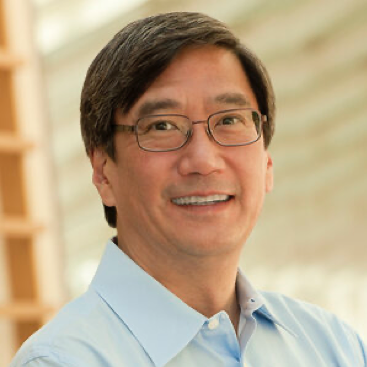
Peter S. Kim is the Virginia & D.K. Ludwig Professor of Biochemistry at Stanford University School of Medicine and an Institute Scholar of Stanford ChEM-H. He is also the Lead Investigator of the Infectious Disease Initiative at the Chan Zuckerberg Biohub. He was President of Merck Research Laboratories from 2003–2013 and oversaw the development of more than 20 new medicines and vaccines, including JANUVIA, the first DPP 4 inhibitor for type 2 diabetes; GARDASIL, the first vaccine for the prevention of cervical cancer; ISENTRESS, the first HIV-1 integrase inhibitor; ZOSTAVAX, the first vaccine for the prevention of shingles; and KEYTRUDA, the first FDA approved PD-1 immune checkpoint inhibitor for the treatment of cancer. Earlier, he was Professor of Biology at MIT, Member of the Whitehead Institute, and an HHMI Investigator, where he discovered a salient component of how proteins cause viral membranes to fuse with cells, designed novel compounds to stop membrane fusion by HIV-1, and pioneered efforts to create an AIDS vaccine based on similar principles. His current service includes the Medical Advisory Board of the Howard Hughes Medical Institute (HHMI); the Scientific Advisory Board of the NIH Vaccine Research Center; and the Biology Department Visiting Committee of the MIT Corporation. He is a member of the National Academy of Sciences, the National Academy of Medicine and the National Academy of Engineering.
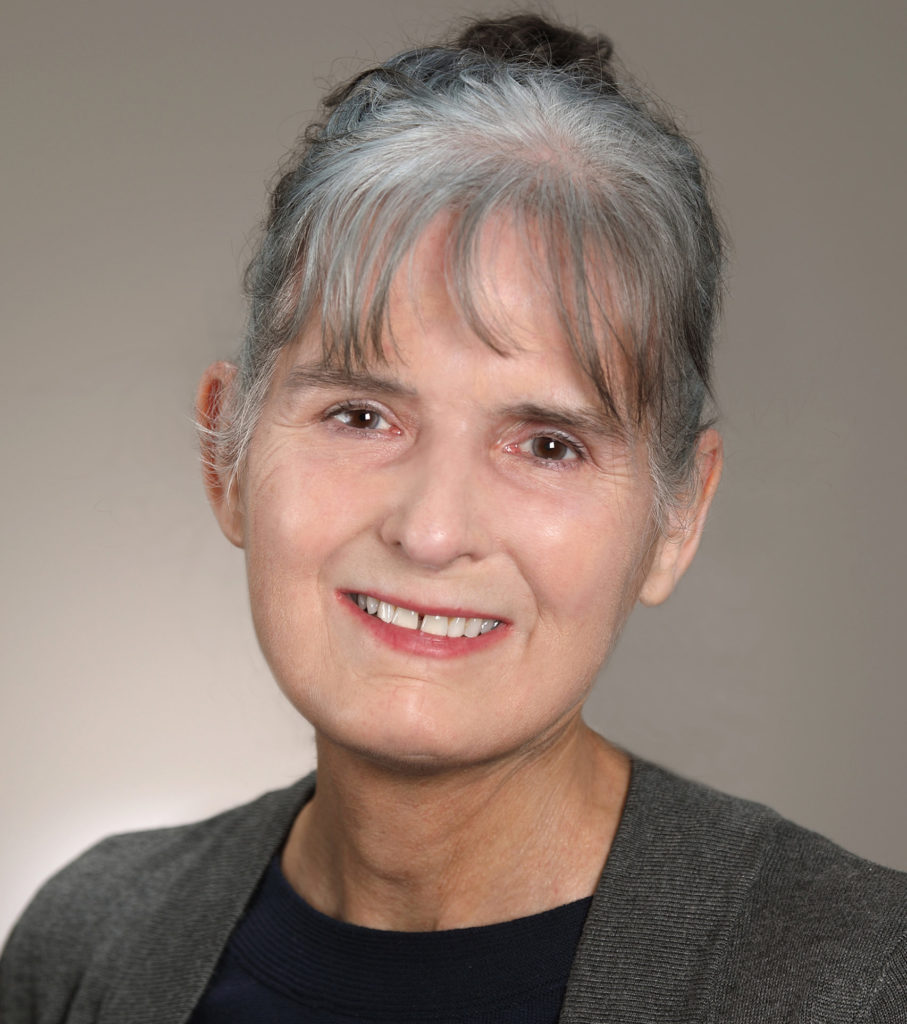
Dr. Alison McBride, PhD is a Senior Investigator and Section Chief in the Laboratory of Viral Diseases at NIAID. Dr. McBride received a PhD in biochemistry from the Imperial Cancer Research Fund and Imperial College, UK, studying Epstein-Barr virus. She began working on human and other papillomaviruses as a postdoctoral fellow in the National Cancer Institute and joined NIAID in 1994. She became a Senior Investigator in the Laboratory of Viral Diseases in 2000, and a section chief in 2001. Dr. McBride is also a member of the Virology Graduate Program at the University of Maryland as adjunct faculty, and has previously served as co-director of the NIH-Georgetown University Partnership Program. She is a fellow in the American Academy of Microbiology; section editor for PLOS Pathogens; and an editor for Virology.
Dr. McBride’s work focuses on mechanisms by which extrachromosomal human papillomavirus (HPV) genomes are established, partitioned, and amplified during persistent infection. The role of host intrinsic immunity, and DNA damage response and repair pathways in HPV DNA replication and the analysis of the mechanism and consequences of viral genome integration in HPV-associated cancers.
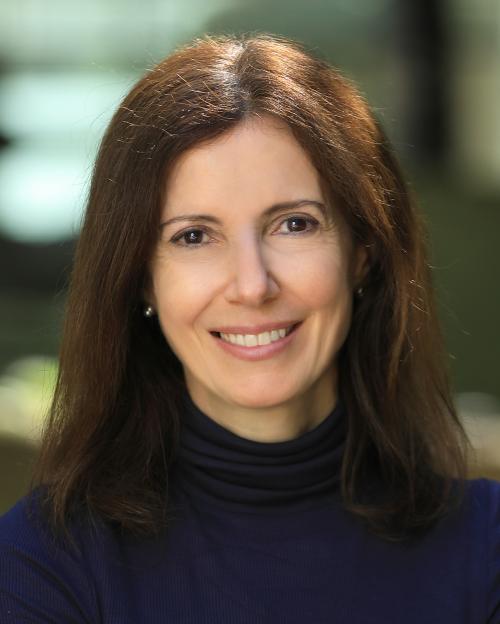
Dr. Sereti is the Chief of the HIV Pathogenesis Section in the Laboratory of Immunoregulation at the National Institute of Allergy and Infectious Diseases (NIAID). She received her Medical Degree at the National Kapodistrian University of Athens in Greece and did her Internal Medicine residency and Chief residency at Northwestern University in Chicago. She completed an MHS from Duke University and her Infectious Diseases fellowship at NIAID and stayed at NIAID as a clinical investigator receiving tenure in 2015. Her group focuses on studies of HIV-associated inflammation and Idiopathic CD4 lymphopenia along with some work on COVID pathogenesis, in both the clinic and the laboratory. She is a physician-scientist who has conducted multiple clinical trials and has published more than 200 peer-reviewed papers. Dr Sereti is an ELUM fellow and is an Associate Editors of the Journal of Infectious Diseases on her personal time. She is also a member of the Executive committees of the NIH Oxford-Cambridge Scholars program and the NIH Women Scientists Advisors. She is passionate about translational research with excellence in patient care, mentorship, and promotion of women in biomedical sciences.
